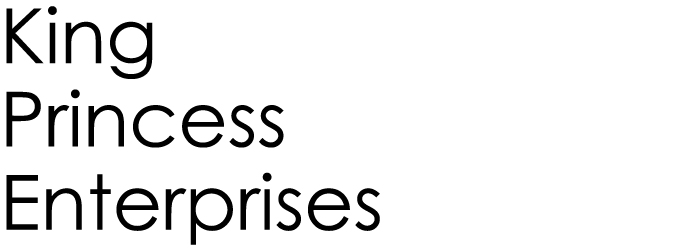Here is a great talk with Barry Schwartz, author of The Paradox of Choice, in which he discusses the fascinating detrimental implications of freedom of choice on our everyday lives. Simply put, because we are presented with an embarrassment of options in all aspects of life, we achieve a perpetual state of unfulfilled higher expectation which leads to an all-encompassing sense of self-blame brought on by the guilt of selecting the improper thing. I'd like to turn this, as I always do, to the affect this has on art and artists as it's something I have touched on grossly ineloquently before. In an era where all forms of art can be accessed at the flip of a wrist or fingernail, how do we choose what to absorb and what to filter, and do we really have a choice? How do we decide which avenues and mediums to take when all avenues are readily available to us?
When I think about art created under pressure or art created without significant access to resources, these are often the pieces that move me most. Desperation, fear, passion, love are all qualities that emanate intangibly from a piece of work. I'm not suggesting art is to be created in a vacuum, but necessity does breed invention. Consider that the Great Depression has provided us with Snickers and Mars Bars and Three Musketeers! I tend to experience a small terror upon seeing too much or hearing too much or reading too much. Kevin coined a great term a while [years?] ago that I have never forgotten and think about often, and that is "linguistically impressionable". I am this and I am also musically impressionable and visually impressionable and culinarily, vocally and olfactorily impressionable, to the point that I get nervous when I experience too many things. If this sounds like a vexing paroxysm of the privileged classes, it is. As far as potentially incurable problems go it might be a good one to have, but I caution against taking it lightly as it brings about this monumentally heavy sense of dread and impending doom until one is quite literally paralyzed (lying prone on bed with red bean bun) for lengths of time directly proportionate to the amount and quality of information consumed. Our brains are made for storing more than culling, and mine doesn't know what should stay and what should gurgle out with the bathwater. David Foster Wallace said, "'Learning how to think' really means learning how to exercise some control over how and what you think. It means being conscious and aware enough to choose what you pay attention to and to choose how you construct meaning from experience. Because if you cannot exercise this kind of choice in adult life, you will be totally hosed."
We as a society have well surpassed our allotment of innovation, particularly in the consumer markets, but also in terms of what life options are available to us by society's standards. Schwartz says he assigns less work to the students he teaches today not because they aren't as intelligent or dedicated as their predecessors but because they are so occupied now with what societal tenets they will choose to uphold that their capacity for retention is greatly lowered, and with good reason. Will they get married now? Have children? Start a career? Travel? In previous generations, these precepts were laid out for adolescents but today, these and a glut of other life options are dangled like so many angler worms, resulting in existential paralysis of the sort that I have gratefully, as of last Friday, miraculously [if temporarily] broken out of. And why? Because my options were stripped bare to one sole focus: graduate school. I feel more free than ever to dive into secondary interests because the main goal has been [to a degree] chosen for me. But my thoughts return to the one foundational question: how have we found ourselves at this junction where options are largely discredited as a point of negativity and weak focus where they once were viewed simply and [I daresay] admiringly as skills? And is this a cage I've drawn myself into?
There is so much information and so much access to it that everybody fancies themselves a veritable Bukowski or Warhol in a carefully curated garden of acute documentation, but what made Bukowski's or Burrough's or Carver's work interesting was the lack of precedent, or at least the lack of a culture inundated with the chronic oversharing that defines communication today. Everybody fancies themselves a genius but most spend their time lamenting varying degrees of unmet potential rather than working to provide proof of imagined brilliance. There is a line in Linklater's Waking Life that goes, "He's all action and no theory. We're all theory and no action." or something to that effect, and this adequately sums up the lobe-eating disease we are suffering from.
This is the reason deciding what to have for dinner is a life-or-death situation where I am frequently dissatisfied either because I'm haunted by the thought of other delicacies I could be gorging on or because I've had better X elsewhere. This is why I am able to read more items on my feed reader after I've deleted half the feeds I subscribe to. I am finally beginning to understand what my unarticulated and unchanging childhood-to-adolescent-to-adult fantasy of hovering over Iceland in soft white linens looking out of an enclosed white soundproof module with my cat and a plate of chocolate chip cookies is all about. Here's hoping the icecaps don't melt before I can fulfill my one dying wish.
I leave you with this Louis CK clip that's been floating around the webs for months now, but recently re-gaining steam. Well put.
3.24.2009
Subscribe to:
Post Comments (Atom)

1 comment:
just watched the vid... yes yes yes. definitely something to factor in while processing my old and new 'agreements'
Post a Comment